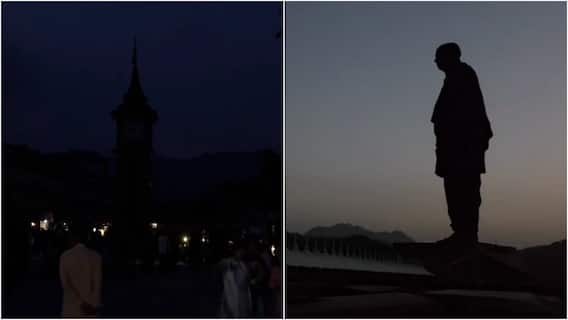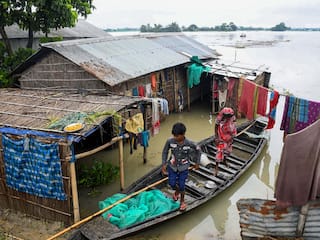The 'Forgotten' Wars: As Israel-Gaza War Continues, A Look At Other Conflicts Raging Across The World
The wars between Israel-Gaza, and Russia-Ukraine have captured public glare in a way that other conflicts — like that in Yemen or Sudan — haven't. We take a look at other conflicts across the world.

"This is not an era of war". The catchphrase by Prime Minister Narendra Modi to Russian President Vlamidir Putin might have been in connection with the Russia-Ukraine war, but it also applies to the several other conflicts raging in several other parts of the world. The latest wars between Israel and Gaza, and Russia and Ukraine have captured the public glare in a way that other conflicts — like that in Yemen or Sudan — haven't.
While the surprise and unprecedented offensive by Palestinian militant group Hamas killed over 1,400 people in Israel, retaliatory fire by Tel Aviv has led to deaths of 2,329 Palestinians, according to the Gaza health ministry. Meanwhile, the total number of soldiers killed or wounded since the Russia-Ukraine war that began 20 months ago is nearing 500,000, as per an NYT report.
While the death toll in both the wars has been staggering, here is a look at other conflicts across the world that have been equally deadly:
Sudan War
Intense fighting that erupted between the Sudanese armed forces and a paramilitary group — Rapid Support Forces (RSF) — on April 15 continues unabated as the war is in its sixth month. The conflict has left over 5,000 civilians dead, more than 12,000 injured, and over 5.7 million people displaced, according to Amnesty International.
Capital city Khartoum has been the worst affected in the power struggle between soldiers loyal to Sudanese army leader Abdel Fattah al-Burhan and his deputy, paramilitary RSF commander Mohamed Hamdan Daglo.
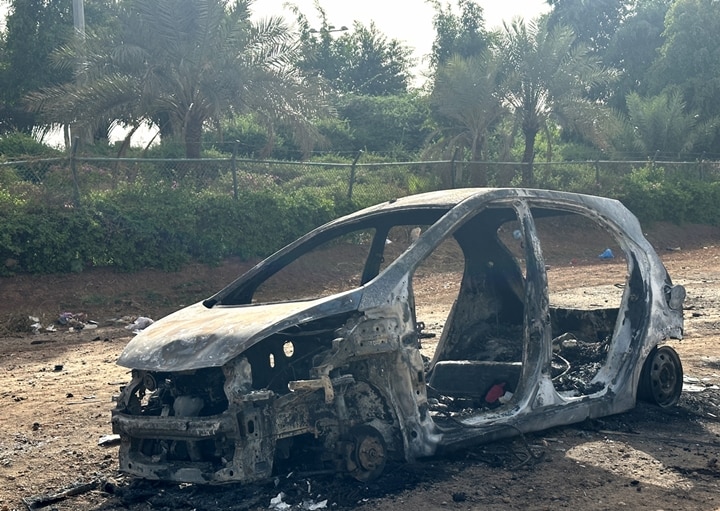
While the UN has called it the "world's worst, most complex and cruel" humanitarian crisis, the West and other global powers have paid scant attention to the crisis unfolding in Sudan. There have also been reports of sexual violence against women, targeted attacks on hospitals and churches, and extensive looting.
Even though there have been several ceasefires due to intervention by the US and Saudi Arabia, there have been no concrete agreements between the two warring sides. The war brings with it heavy security and economic ramifications for the region as Sudan, the third-largest country in Africa, is home to the mineral-rich Nile River basin and is located close to the Middle East.
War In Yemen
Even though the eight-year-long war in Yemen between Iran-backed Houthi rebels and the Saudi-led coalition that supports Yemen's government has subsided to a large extent in 2023, thanks to the recent peace deal between Saudi Arabia and Iran, there still continues to be sporadic violence.
According to the United Nations, the conflict in Yemen has led to over 377,000 deaths, with most of them due to hunger and lack of healthcare. More than 11,000 children have been killed or wounded as a direct result of the fighting, BBC reported. Around 4.5 million people, one-seventh of the population, have been displaced.
The civil war in Yemen dates back to 2014 when the Yemen government led by Abdrabbuh Mansour Hadi was facing its worst economic crisis. At this time, the Houthis, a group of Shiite rebels, took advantage of the situation and seized control of Yemen's capital Sana'a, demanding a new government. The next year, the Houthis took control of the presidential palace, forcing Hadi to flee.
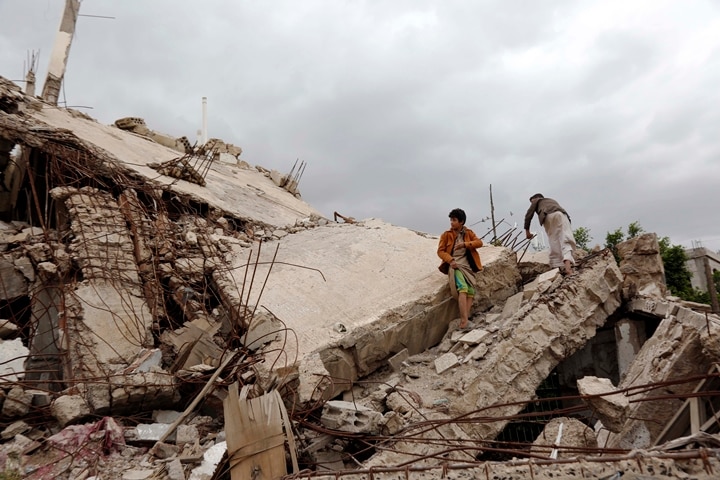
Alarmed by the prospect of Iran-backed Houthis taking control of the whole of Yemen, Saudi Arabia and other Arab nations began air strikes to oust the rebels, triggering one of the deadliest and longest conflicts. The Saudi coalition got logistical and intelligence support from the US, UK and France.
The air strikes by Saudi Arabia and UAE have led to 19,000 civilian deaths, according to a report in Council on Foreign Relations. The Houthis have retaliated with a spate of drone attacks on Saudi Arabia and the UAE.
Hopes of an end to the long-drawn conflict got a boost after Iran and Saudi Arabia reached a deal mediated by China to restore diplomatic relations. Since then, Houthis have held talks with Saudi Arabia to end the conflict but a recent drone attack by the Shiite group against forces of the Saudi-led coalition has put the pot boiling again.
Nagorno-Karabakh Conflict
The Nagorno-Karabakh conflict between Azerbaijan and Armenia is one of the world's longest-running conflicts. Nagorno-Karabakh, which lies in the South Caucasus region between the Black Sea and the Caspian Sea, has been at the centre of a bloody war between Azerbaijan and Armenia for 35 years.
The first war over Nagorno-Karabakh took place in the late 1980s and early 1990s.
The conflict in the Nagorno-Karabakh region began following the breakdown of the Soviet Union. In 1988, Nagorno-Karabakh's legislature passed a resolution declaring its resolve to join Armenia despite its official location within Azerbaijan. The first war between Armenia and Azerbaijan over the region saw around 30,000 deaths and hundreds of thousands of refugees.
Earlier this year, Azerbaijan launched a military incursion into the region that eventually saw it retaking Nagorno-Karabakh. The territory surrendered to Azerbaijan as forces in Karabakh agreed to be disarmed and disbanded. It prompted more than 100,000 ethnic Armenians living in the Nagorno-Karabakh to flee to Armenia.
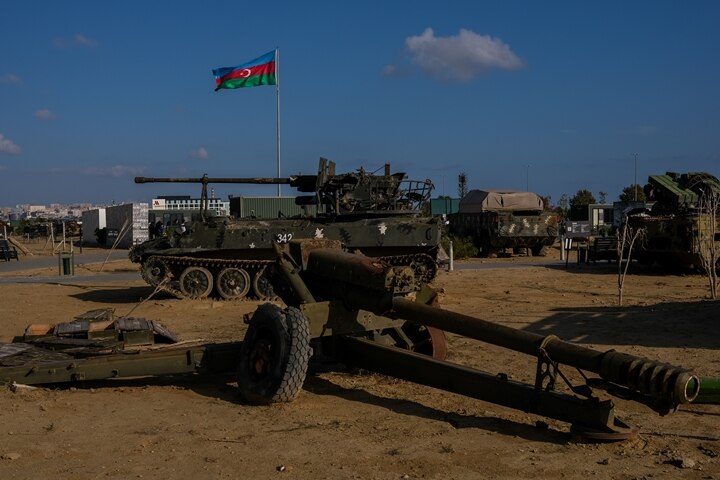
Syria War
While the war in Syria, which started as an uprising against President Bashar al-Assad, has waned in the last few years, the northwestern Idlib region continues to see shelling and civilian casualties. Fighting has also erupted in northeastern Syria between Kurdish-led Syrian Democratic Forces (SDF) and the Arab-led Deir-ez-Zor Military Council (DMC).
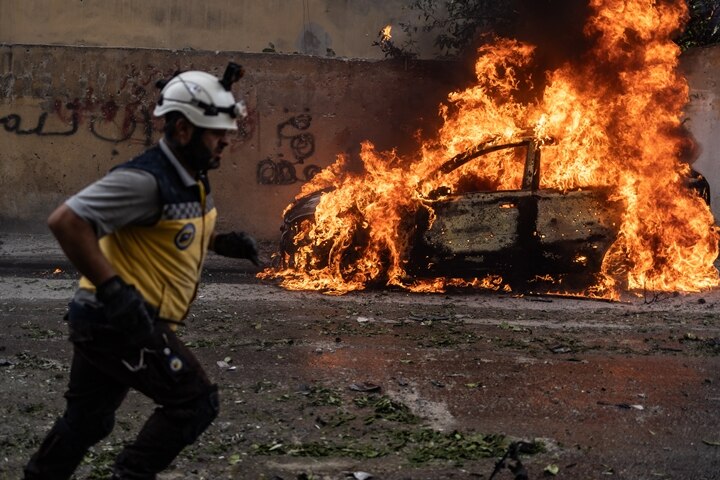
The 12-year war in Syria between rebel groups and Assad's forces, with the backing of Iran and Russia, has left half a million people dead and devastated cities.
The height of the conflict saw radical Islamist groups, including the Islamic State, seize large swathes of the country. However, the Islamic State fizzled out and lost almost all the territory following sustained counter offensives by pro-Syrian forces and US-led coalition of Western allies.
Top Headlines








